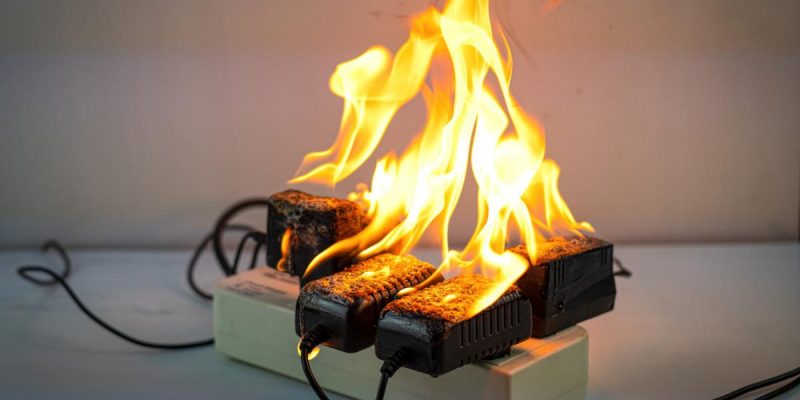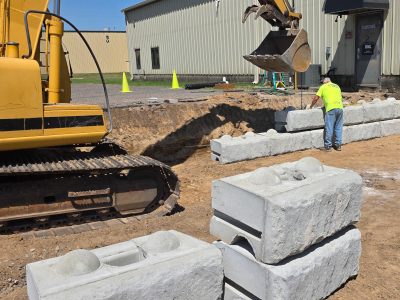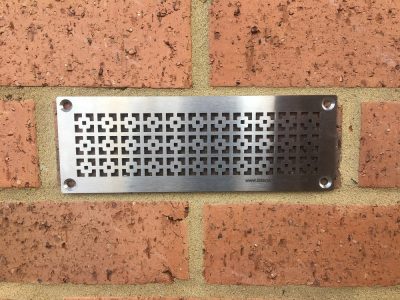Electrical fires pose serious threats to home safety, causing thousands of residential fires annually through preventable electrical hazards. These fires often start from overloaded circuits, faulty wiring, or damaged electrical components that create dangerous heat buildup. Fire prevention strategies help protects your family and property while reducing the risk of devastating electrical incidents that can destroy homes within minutes. Reliable electrical services contribute to long-term safety by addressing hidden faults, maintaining compliance with standards, and minimizing unexpected power-related hazards effectively. These experts recognize warning signs that homeowners might overlook while implementing safety measures that greatly reduce fire risks throughout residential electrical systems.
Circuit protection strategies
Proper circuit protection prevents electrical overloads that commonly cause residential fires through heat buildup and component failure.
- Install appropriate circuit breakers sized correctly for each circuit’s wire gauge and intended load capacity
- Never use extension cords for permanent wiring that can overheat under continuous loads
- Distribute electrical loads evenly across multiple circuits rather than overloading single circuits with various devices
- Replace old fuse boxes with modern circuit breaker panels, which provide better protection and easier maintenance
- Install arc fault circuit interrupters in bedrooms and living areas to detect dangerous arcing conditions
- Use surge protectors to prevent voltage spikes from damaging electrical components and creating fire hazards
These protection measures create multiple safety layers that prevent electrical faults from developing into dangerous fire conditions throughout your home.
Regular maintenance practices
Consistent maintenance identifies potential fire hazards before they create dangerous conditions requiring emergency intervention.
- Inspect electrical cords regularly for fraying, cracking, or other damage that exposes internal conductors
- Replace damaged outlets that feel hot, show scorch marks, or produce sparks during normal use
- Clean electrical panels and remove dust buildup that can interfere with proper heat dissipation
- Test GFCI outlets monthly using the test and reset buttons to ensure proper protective function
- Check for loose electrical connections that create heat and potential ignition sources
- Schedule professional electrical inspections every five years to identify hidden problems and code violations
Regular maintenance prevents small electrical problems from escalating into serious fire hazards while ensuring optimal system performance and safety.
Warning sign recognition
Early detection of electrical problems enables prompt intervention before dangerous fire conditions develop. Flickering lights often indicate loose connections or overloaded circuits that require professional attention. Burning smells from outlets, switches, or electrical panels signal overheating conditions that could ignite surrounding materials. Frequent circuit breaker trips suggest system overloads or electrical faults that need immediate investigation. Hot outlets or switch plates indicate dangerous heat buildup that requires prompt professional evaluation. These warning signs should never be ignored because electrical problems typically worsen over time rather than resolving themselves.
Safe electrical practices
Daily electrical habits especially impact fire prevention throughout your home. Unplug appliances when not in use to reduce electrical loads and eliminate standby power consumption that creates unnecessary heat. Avoid daisy-chaining power strips or using multiple extension cords together, which can generate overload conditions. Make sure electrical components are kept away from water sources and there is adequate ventilation around electrical equipment to prevent overheating. Replace light bulbs with appropriate wattages that match fixture ratings to prevent heat buildup that could ignite nearby materials. These preventive measures work together to create safe electrical environments that protect your family and property from devastating fire damage.










Comments